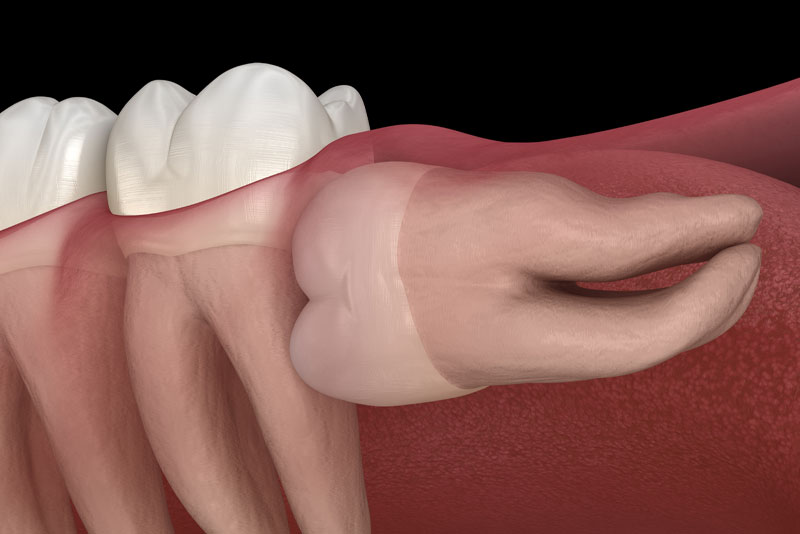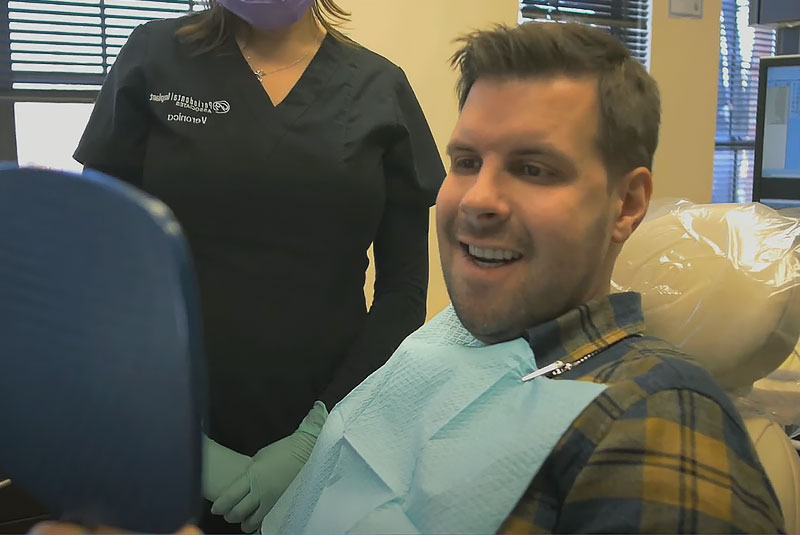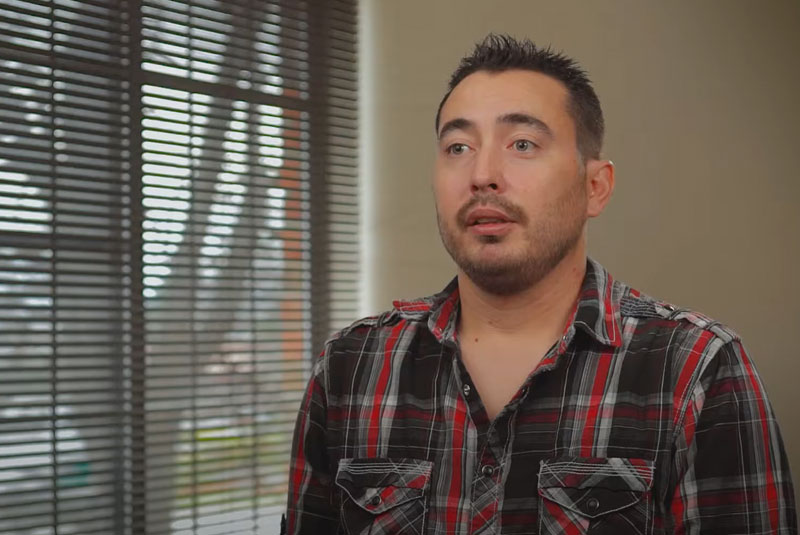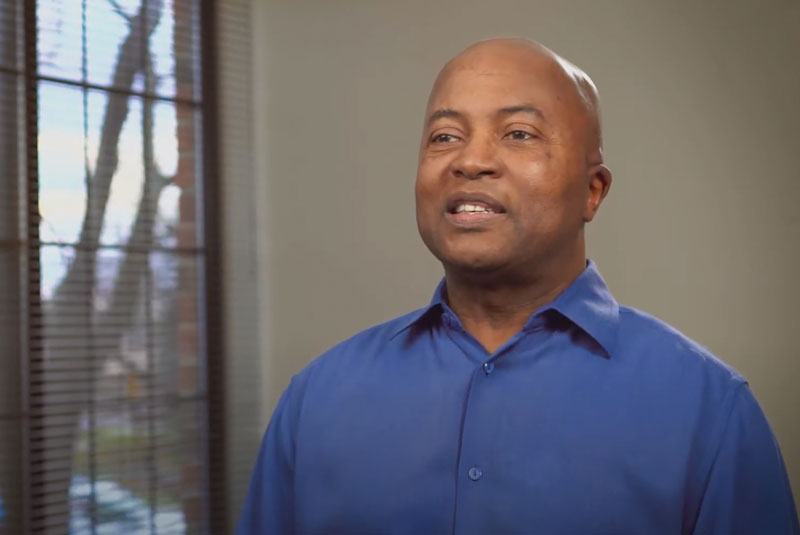What are Wisdom Teeth?
Wisdom teeth, or third molars, usually appear in adults between the ages of 17 and 25 and are the final set of molars that most people get. While most will eventually have their wisdom teeth removed, not everyone needs to do so. Most dental professionals will recommend having your them removed if you experience any of the following scenarios:
When Do I Get My Wisdom Teeth Removed?
Your wisdom teeth do not fit in your mouth
Most people have 28 teeth before wisdom teeth erupt. Many do not have enough room in their jaw for 32 teeth and this may cause teeth to become impacted. Impacted means the wisdom teeth cannot fully erupt or they may become misaligned. Removing the them can prevent impaction and overcrowding in your jaw.
You experience chronic pain in your gums around your wisdom teeth
Pain in your gums can be an indication of infection. Infections are common around partially erupted teeth because food and bacteria get trapped in these areas. Having your wisdom teeth removed can prevent further infection.
They do not come in straight
Often, wisdom teeth will not grow in straight and can cause your teeth to shift and move over time. To prevent your teeth from moving, removing your them is often recommended.
Your wisdom teeth are causing tooth decay to adjacent teeth
Wisdom teeth can be difficult to keep clean because of their location in the mouth. Flossing and brushing can be challenging and without good oral care, gum disease and tooth decay can develop. Removing them can prevent tooth decay issues in surrounding teeth.

The Procedure
Prior to the surgery date, your doctor will discuss the procedure with you and let you know what to expect before, during, and after the extraction. On the day of your wisdom tooth extraction, you will be given a local anesthetic to numb the area. You may also be given a general anesthetic especially if all of your wisdom teeth will be removed at one time. The general anesthetic will prevent pain and will give you the illusion of having slept through the entire procedure.
To remove the wisdom teeth, your doctor will open the gum tissue over the tooth and remove any bone that is over the tooth. The whole tooth is then either extracted or cut into smaller pieces to make it easier to remove. After the tooth is removed, you may need stitches.
There are several factors that will affect how easy it is to remove the wisdom teeth. If the tooth has fully erupted, it is a similar procedure to a typical tooth extraction. However, if the tooth is fully impacted or if the teeth have not erupted through the gums the surgery may be more complicated.
Our Patients Tell the Story Best

"My Teeth Gave Me Low Self-Esteem, I Feel So Much More Confident Since I Got An Full Arch Dental Implants."
De'Shauna's Story - Full Arch Dental Implants

"I Got Back Function And Aesthetics With An Full Arch Dental Implants."
John's Story - Full Arch Dental Implants









